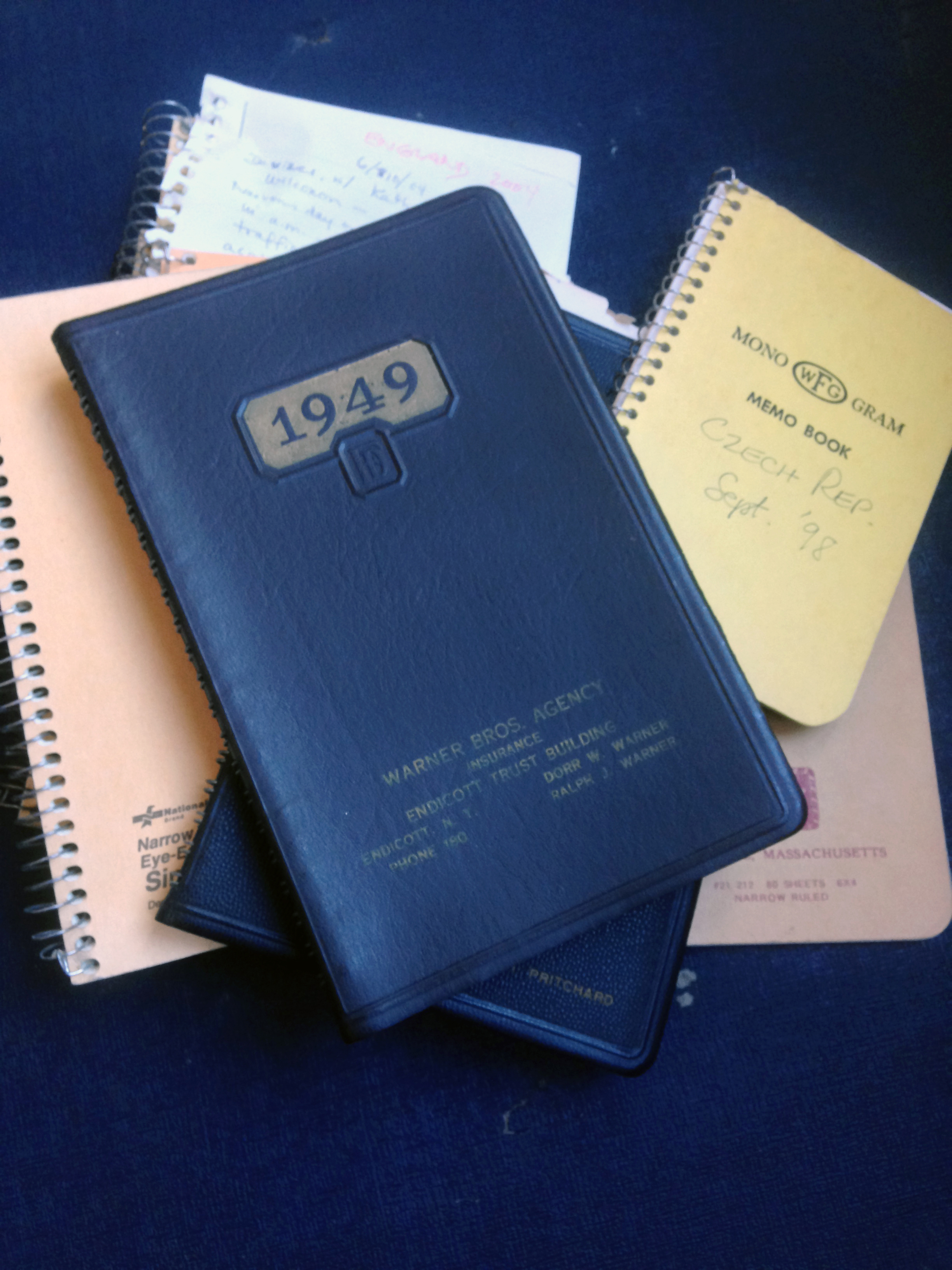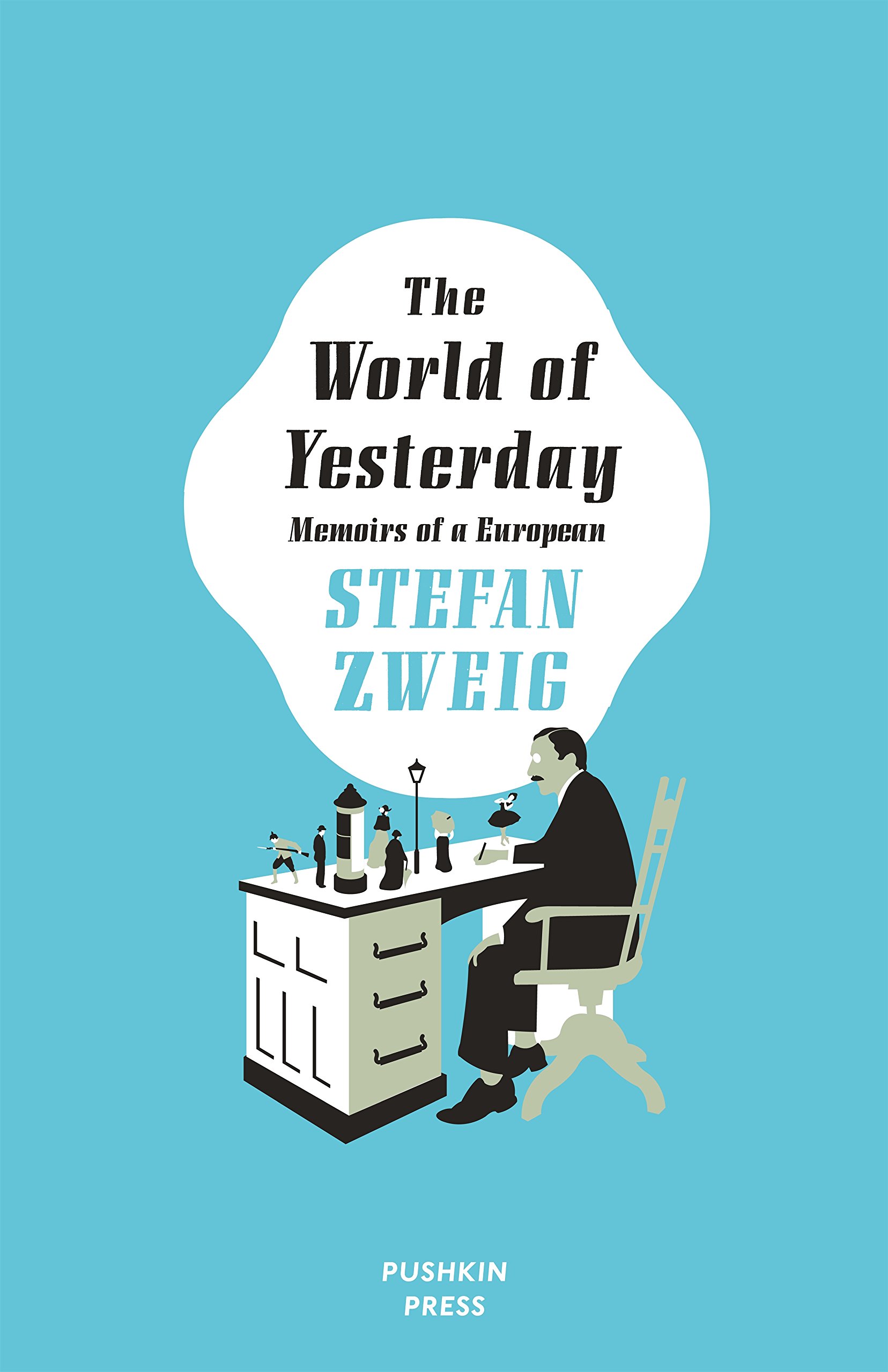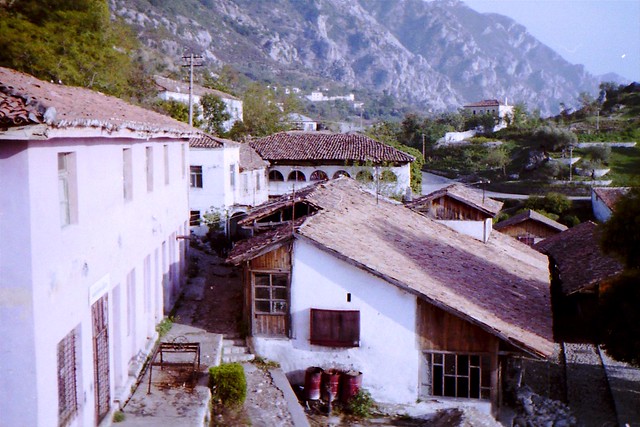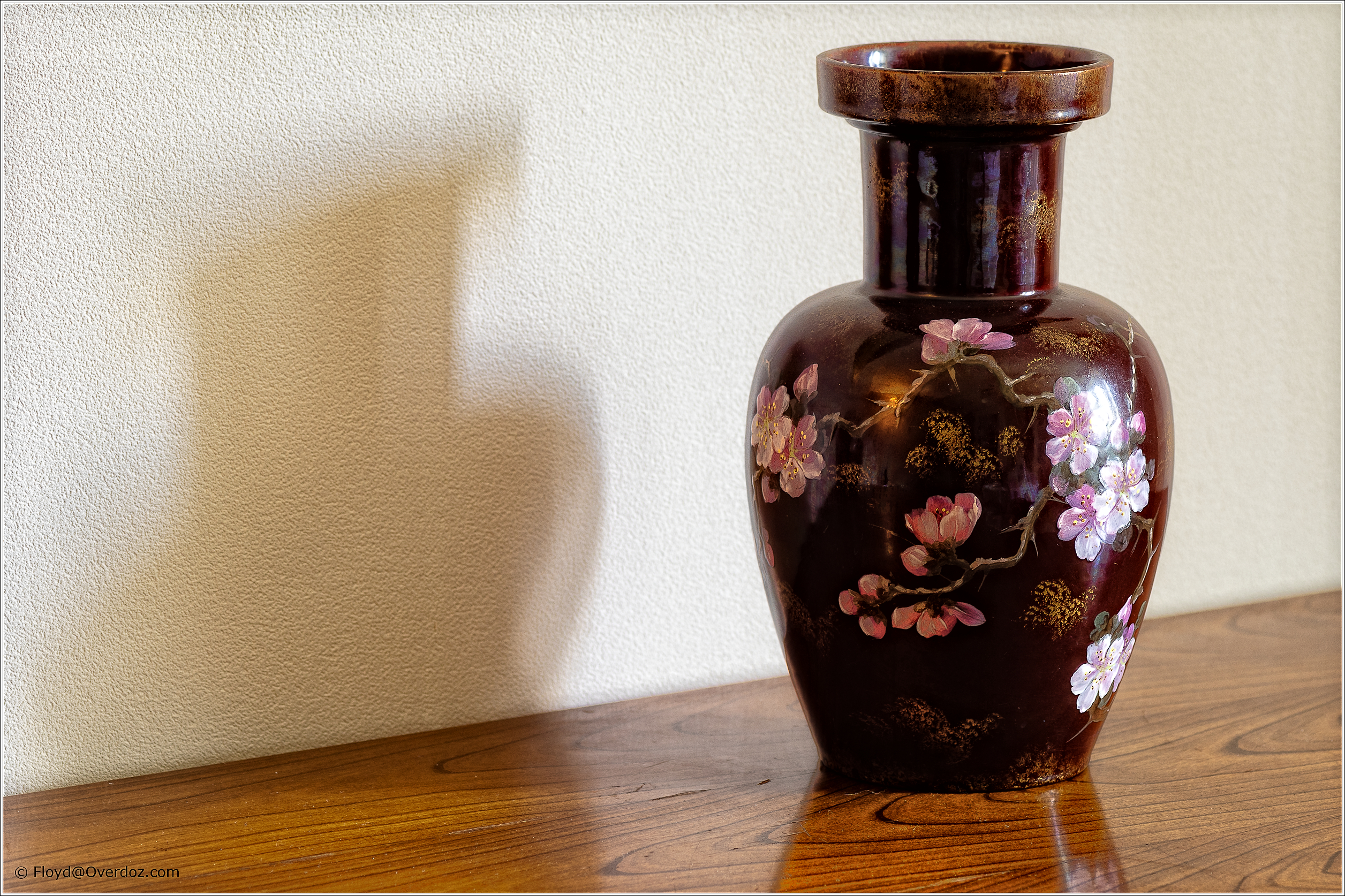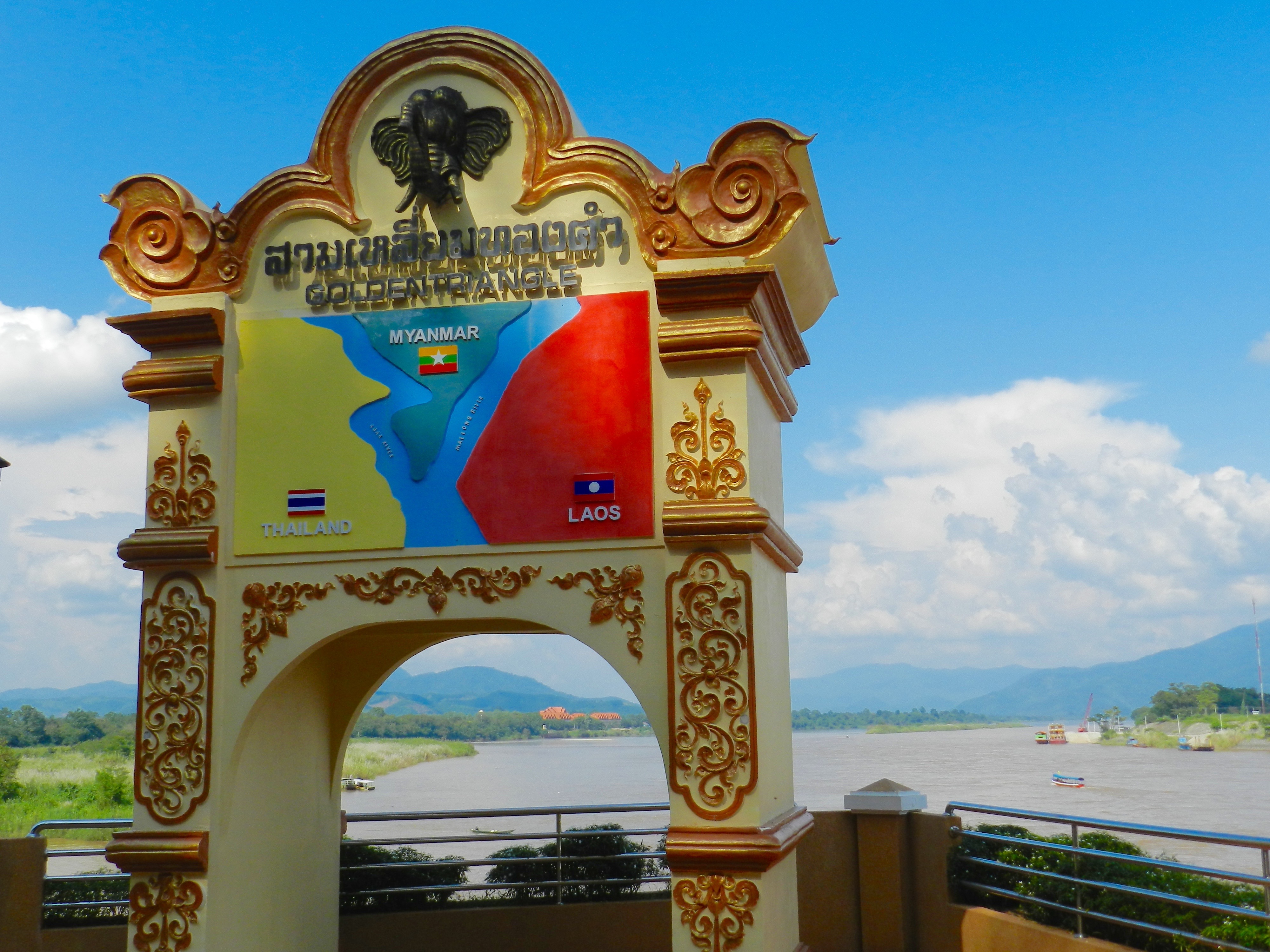Think only of the past as its remembrance gives you pleasure.
—Elizabeth Bennett Pride and Prejudice
Nobody wants to hear about your trip.
—Amherst College Professor of English Theodore Baird
We don’t travel as a couple anymore, Bill and I, except for the shortest jaunts to Boston maybe once a year, in the summer to the Adirondacks to visit Bill’s brother and family, and to the Berkshires, where friends sometimes take us to indoor concerts at Tanglewood (Bill doesn’t listen to music outdoors). So I travel on my own, but more and more rarely: day trips with a friend, twice-yearly visits to Oregon to keep in touch with son Will and family, once a year or so to the Washington, D.C., area to see my sister, rare overnights to New York. I also dig in more closely here at home—not as closely as Bill does with his piles of books and constant reviewing and teaching at Amherst College, but still, closely.
